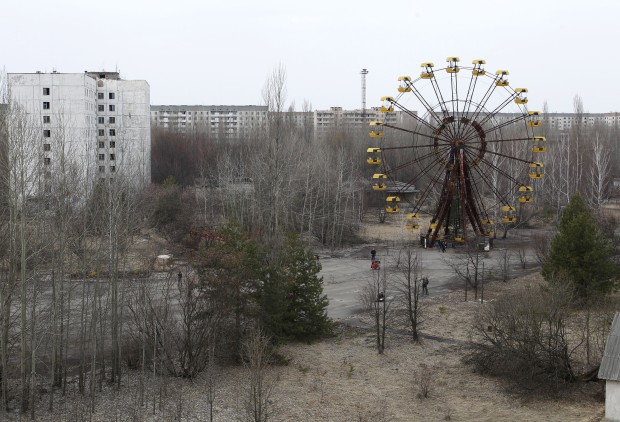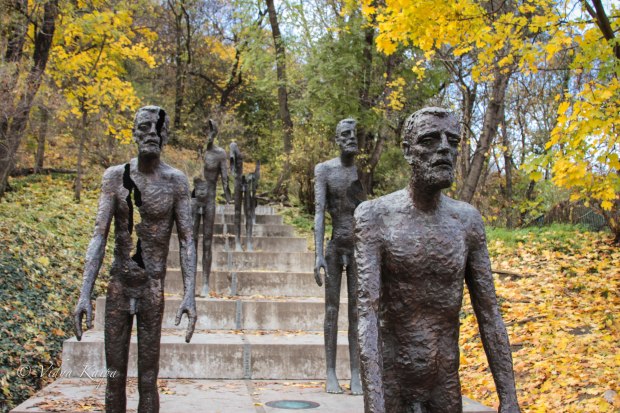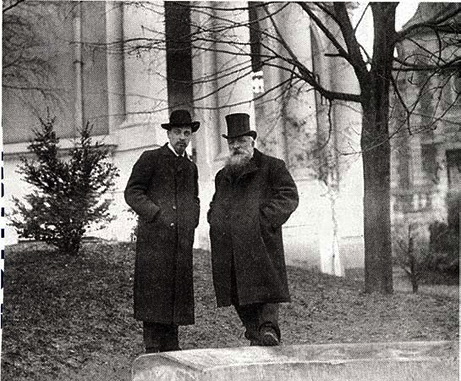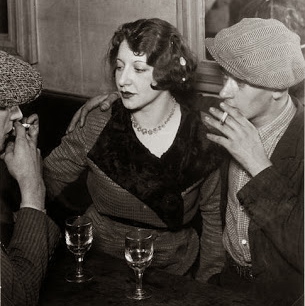Long before I finished The Cathedral of Mist I began to wonder how I was going to write about it, how, specifically, I could articulate the powerful emotional effect it had upon me. I saw myself floundering pathetically, like someone attempting to thread a needle in the dark. How many times, and how many ways, could I call Willems’ stories beautiful and moving? I had my notes of course, which were not as detailed or inspired as I would have hoped, but at least they were something to which I could cling. Yet, after closing the book I, unknowingly, put it down so that it was resting on the delete key on my keyboard. It was a fair few seconds before I understood why my words were quickly disappearing before my eyes. It was as though, after spending a short but disorientating period of time in Willems’ magical world, it was entirely possible, right even, that text can, of its own accord, begin to remove itself.
“The cathedral sparkled in the sunlight; every last detail of its architecture could be distinguished. I felt like we were seeing it reflected in one of those great mythical mirrors where winter has forever frozen its most beautiful memories.”
My intention was to begin this paragraph with some biographical information about Paul Willems, who I assume the readers of this review know as little about as I do, but a cursory look around the internet provides almost nothing of note. He was, I read, a French-speaking Belgian author and playwright who passed away in 1997. The Cathedral of Mist was, according to the publisher’s blurb, first released in 1983. It contains six short stories [and two essays, which I skipped], which run to roughly sixty small pages. I mention these apparently insignificant details because it seems incredible to me, first of all, that the stories are so recent, bearing in mind the timeless quality of them, and, secondly, how slight the whole thing is. Never has my love for something been built upon such feeble foundations.
In view of the scarcity of information regarding Willems, and the obscurity of his work, at least in English, it seems appropriate that secrecy features prominently in the collection. Indeed, although I didn’t keep score, it seemed to me that the words secret or secrets appear in each of the six stories, sometimes more than once. In Requiem for Bread, when the narrator, who I assumed was the author in all the stories, is told that bread screams when it is cut, he describes this as ‘one of those secrets of the world.’ Likewise, the Countess Kausala in An Archbishop’s Flight is said to be the keeper of ‘some very pleasant secrets.’ It is never revealed what exactly it is that the Countess knows, but this is not important of course. The frequent references to secrets are simply one part of an overriding atmosphere of romance, wonder and mystery. The world, as Willems sees, or experiences it, is one in which one can purchase a hat and subsequently find oneself in a bed, in the forest, as the snow begins to fall; it is a world where a man will invent his own language in order to communicate with his dead daughter; it is a world where there exists a cathedral made entirely out of mist; it is a world of epiphanies, if you know where, or how, to look.

Moreover, this is evident not only in the basic action or interactions, but also in the way that Willems uses imagery to transform ordinary, commonplace things into something significant, dramatic, beautiful or magical. Clouds, for example, are described as ‘great grey fairies’, and bullets are like bees, but perhaps best of all is when it is said that waves speak two words: ‘the first dashes up on shore, toward us. The other withdraws, taking back what the first said.’ I don’t like to compare one author’s work to another, for I find these comparisons lazy, largely pointless and often tenuous, but I could not help but be reminded, first of all, of Bruno Schulz. In his story Tailors’ Dummies, Schulz calls his father the ‘fencing master of imagination’ and this phrase seems to me to go some way to capturing not only his own genius but Willems’ too. Yet, having said that, there is an economy of style, a restraint, in the Belgian’s work that is lacking in Schulz’s, and which is reminiscent of Tarjei Vesaas.
What I have written so far will, I imagine, give the impression that The Cathedral of Mist is rather like a children’s book of fables or fairytales; and that would not be entirely incorrect. However, there is also a core of sadness, a very adult kind of sadness, and a preoccupation with death. In Requiem for Bread the narrator’s cousin dies by falling out of a window, and each night, when he shuts his eyes, he sees her ‘falling without falling, spinning without moving, dying without dying.’ In Cherepish he is in Sofia with Hector, a middle aged man who has ‘nothing in his life.’ Hector yearns for his own epiphany, but ‘whatever is essential has passed him by.’ Finally, in The Palace of Emptiness, Victor, following the death of his father, beats his wife ‘like a child who hits his mother because it is raining’. She leaves him for a while, is happy, and then, at the end of the story, she returns, ‘submissive to the harm she would need from now on.’ Willems’ characters are, more often than not, suffering; and, for this reason, I would resist the description of the author as a ‘fantasist.’



















